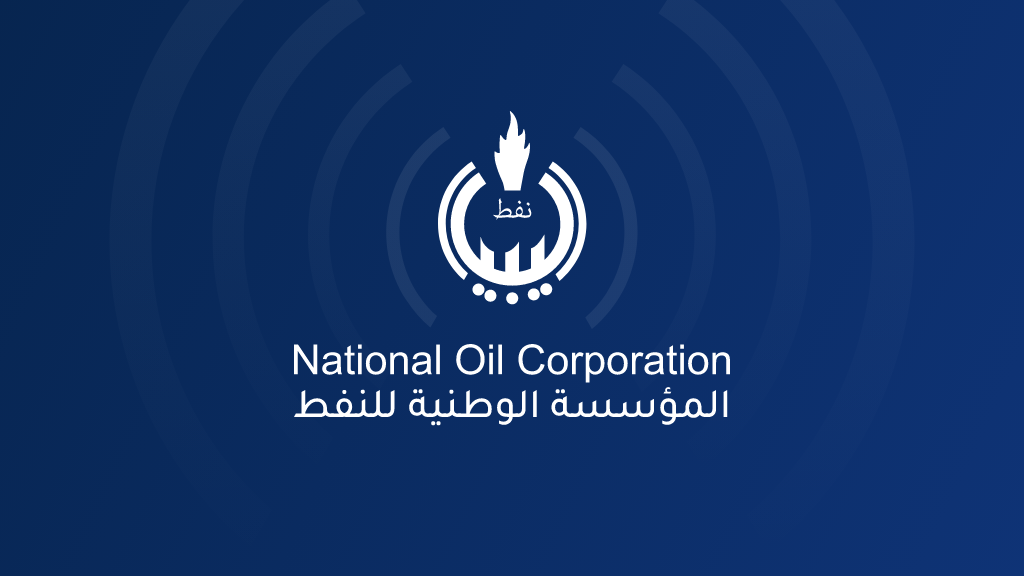News
Categories
Partners
Archive
| News
NOC Chairman Mustafa Sanalla announces ambitious strategies driving “2.1 by 2024” production increase campaign
At a speech given on 20 November in Tunis to the Libyan-British Business Council (LBBC), NOC Chairman Eng Mustafa Sanalla announced a comprehensive strategy to make “2020 a transformative year for NOC and Libya”.
Having outlined a very successful 2019 for the NOC, which, despite significant security challenges, is on track to deliver more than USD 20 billion in revenue, major new field developments, restart of key facilities, and opportunities for oil-hosting communities, Eng Sanalla outlined a 4-pillar strategy to improve security and raise output in 2020 and beyond.
The pillars comprise: 1. the launch of an NOC charter of values to set standards of integrity and professionalism; 2. raising production in 2020 from the current 1.25 million b/d to 1.5 million barrels per day; 3. implementing a “4-D security plan” based on transparency, community engagement and fighting against fuel smuggling or any possible sources of revenues for criminal armed groups; and 4. launching a national “2.1 by 2024” programme to raise oil production to 2.1 million b/d and gas to 3.5 billion standard cubic feet per day by 2024.
Chairman Sanalla proposed an endowment fund for oil-hosting communities that would be directly linked to oil production volume, designed to promote a more diversified economy and improve community services. The fund would support new businesses, boost healthcare through more clinics and hospitals, promote education through scholarships for university, and sponsor a Communities Prize awarded to those who do the most to bring about positive change each year.
NOC plans to increase production to 1.5 million b/d in 2020, adding 350,000 b/d, allowing for a natural decline rate of 7-8%. It will be achieved through a combination of workovers on existing wells, infill drilling, improved artificial lift capabilities, new power generation projects, repair of damaged tanks, maintenance and replacement of pipelines and reinstating damaged fields. The overall cost is some USD 1.2 billion.
For the longer term, 2024 targets of raising oil production to 2.1 million b/d and gas production to 3.5 billion standard cubic feet per day will cost USD 60 billion to implement. including LYD 15 billion from state budgets and the remainder from investors.
This will require an unprecedented NOC-led procurement effort that must adhere to NOC’s values and achieve intended positive impacts. To enhance transparency and efficiency, minimise opportunities for corruption, ensure implementation of local content development policies to support small or medium-sized enterprises and national products, build the capacities of local community companies, enhance Libya’s international oil sector trade relations and attract the necessary investment as soon as possible with the best investment experience, NOC will apply a new, transparent, electronic investment and procurement system – the Libya Procurement and Investment System, known as LyPIS. NOC will start using the Libya Procurement and Investment System (LyPIS) through its office in Houston during the first quarter of 2020. This revised system will set new standards for the Libyan oil sector – a paradigm shift towards international standards and practices.
Chairman Sanalla said four main elements drive the “2.1 by 2024” programme, one of the most ambitious industrial expansion projects in Libya’s history:
•Projects to increase the production plateau, which will add nearly 460,000 b/d. The main projects are development of A & E structures, the North Gialo block development, development of the NC-98 A&F structures, development of NC 47, and development of Erawin and Sinawin fields as well as other fields.
•Reinstatement of damaged fields, which will add 120,000 b/d. Bringing back into production the Mabruk, Ghani, Dahra and Bahi fields alone will add 100,000 b/d.
•Reactivation of shut-in wells, which will add 150,000 b/d; and
•An increase in power generation at some fields, which will add 125,000 b/d.
Chairman Sanalla concluded by saying NOC’s strategy had the potential “to put the country back on its feet. Already we see that hope is beginning to recede in Libya, and if that continues, none of what I have described will happen. All of us, collectively, internationals and Libyans, have to believe, to commit and to unite.”
Tunis
20 November 2019


